HP Elite X3 hands-on - this Windows phone wants to be your laptop
The Falcon Windows phone tries to soar
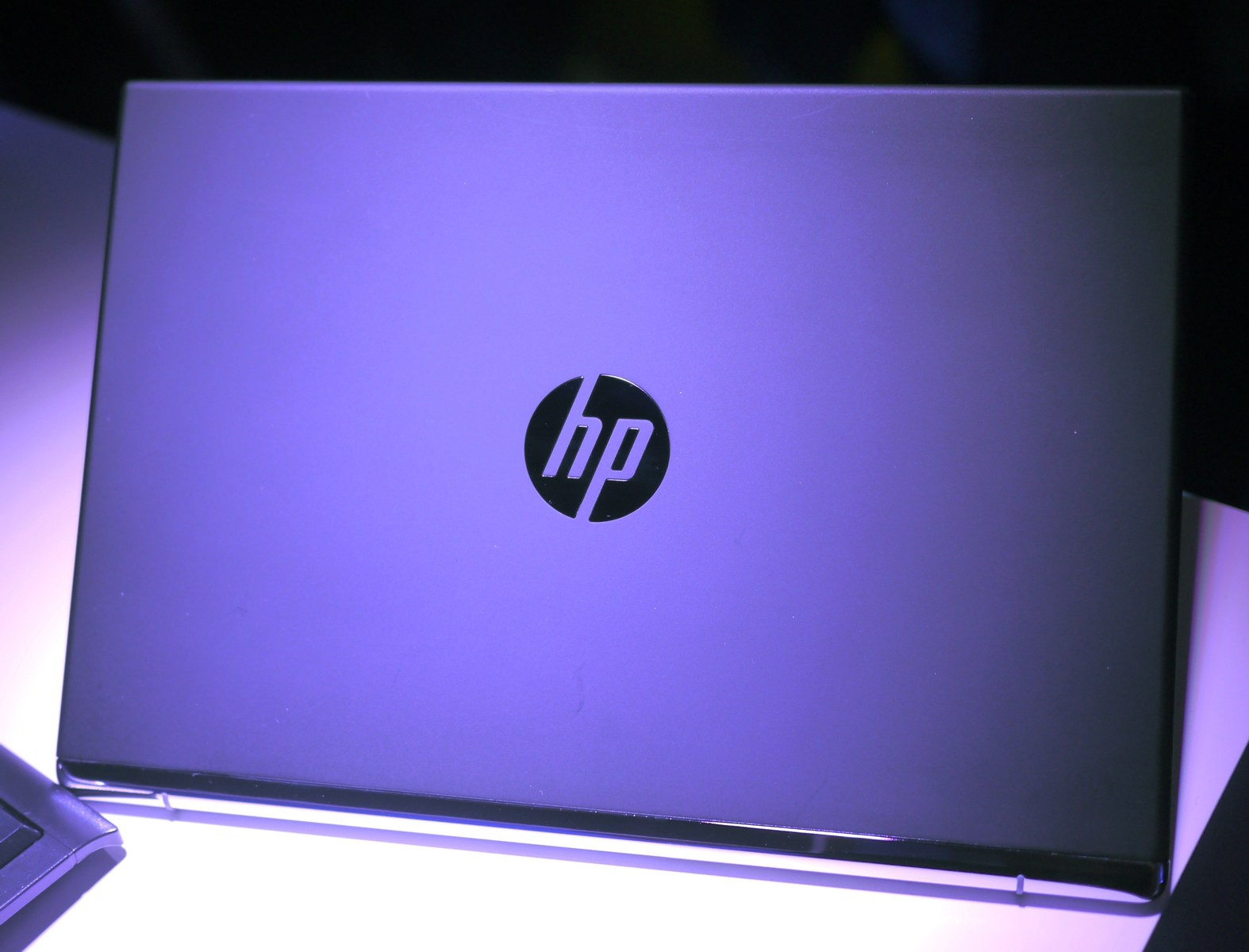
In a surprise move, HP Inc has re-entered the smartphone market with the Elite X3. Powered by Windows 10 Mobile, the HP Elite X3 is aimed very specifically at businesses rather than consumers. Like Microsoft's 950-series Lumias, the X3 can be used as a basic desktop PC with the right adapters. It has extra tricks up its sleeve though - it can also transform into a laptop.
Apart from an attractive irregular pattern on its speaker grill, the X3 has a plain black appearance with curved edges. The casing is apparently IP67 and MIL-STD-810-G compliant, so it should be water and dust resistant as well as capable of surviving falls from around four feet up.
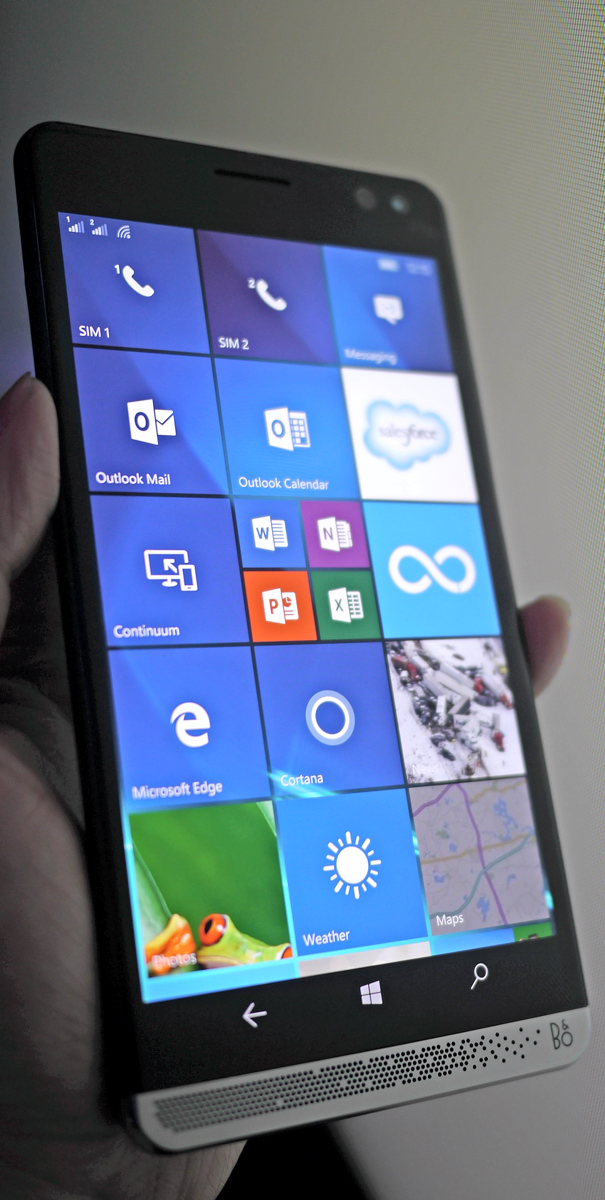
The massive 6in screen has a resolution of 2560x1440 pixels, which is driven by a Qualcomm Snapdragon 820 eight-core processor and 4GB of memory. In a first for a Windows 10 phone, it has a fingerprint reader in addition to iris recognition powered by the eight-megapixel front-facing camera. The fingerprint reader appeared to be absent from the pre-production model we saw though.
The X3 doesn't just depend on dual biometric authentication for its business appeal. The presence of a USB-C port means that you can use Continuum - connect the phone to a monitor and you can use Windows Universal apps in a desktop-style interface with a keyboard and mouse. HP will sell its own USB-C-based Desk Dock for this purpose equipped with a pair of full-size USB3 ports alongside DisplayPort and Ethernet connectors as well as a Kensington security slot.
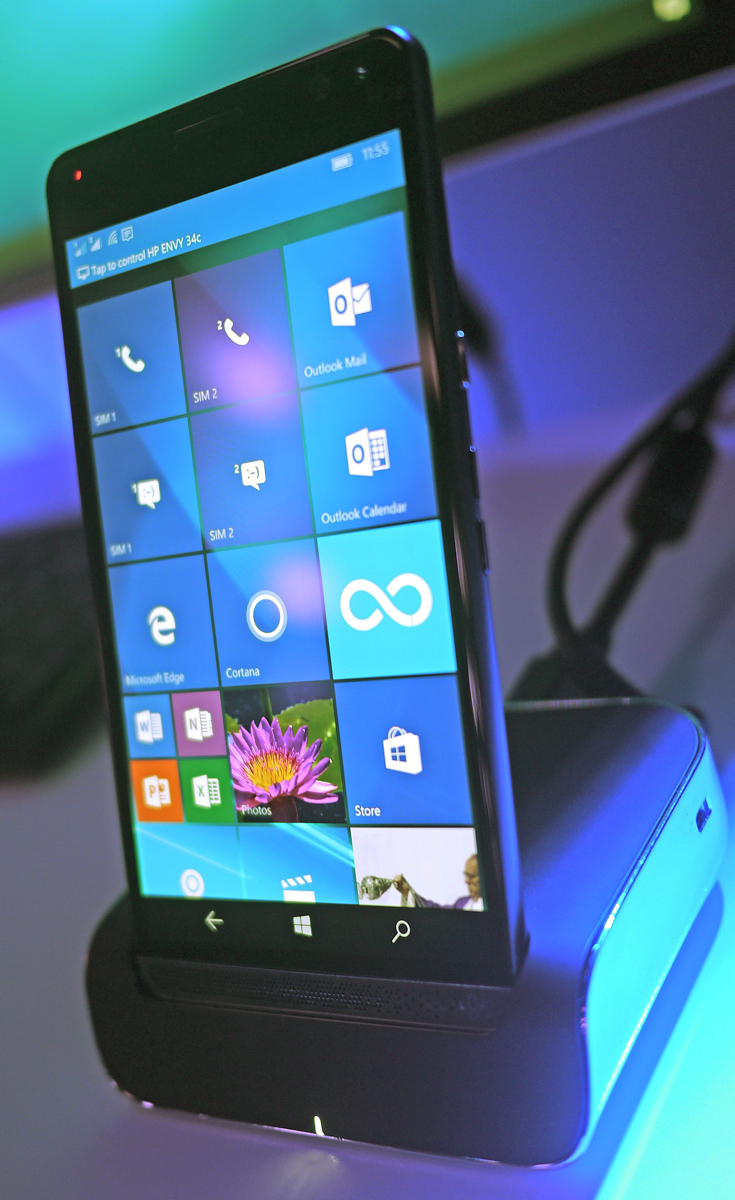
Unusually, HP will also sell a battery-powered mobile dock, the Mobile Extender. It's essentially a 1kg 12.5in laptop that's dependent on the X3 for its processing power. The phone is paired with the laptop via either WiFi or USB-C. Although we weren't able to try this out as HP's sole Mobile Extender pre-production unit wasn't completely functional, we do hope that the build quality of the laptop dock will be improved. The plastic casing was surprisingly creaky, bending under pressure loudly and extremely easily. The keyboard, while large with plenty of travel, felt a bit rattly.
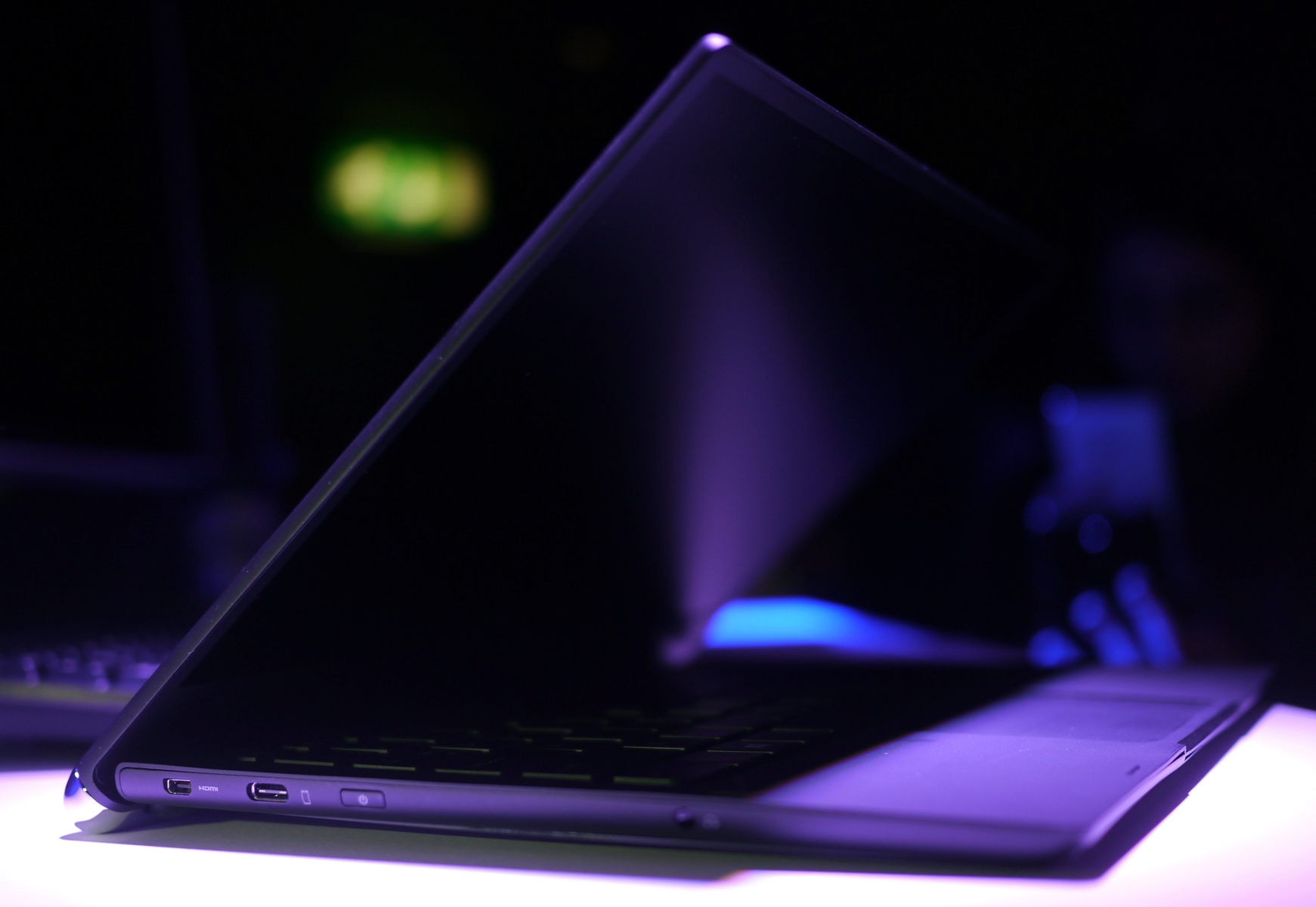
The Continuum experience, which we've found to be somewhat restrictive as it's limited to running a single app at any one time, will need fine-tuning to run smoothly on the X3. Despite the octa-core Snapdragon 820, the general smoothness and responsiveness of the Windows 10 Mobile interface was laggy and sluggish - whether on the phone's touchscreen or when controlled using a keyboard and mouse on an external monitor.
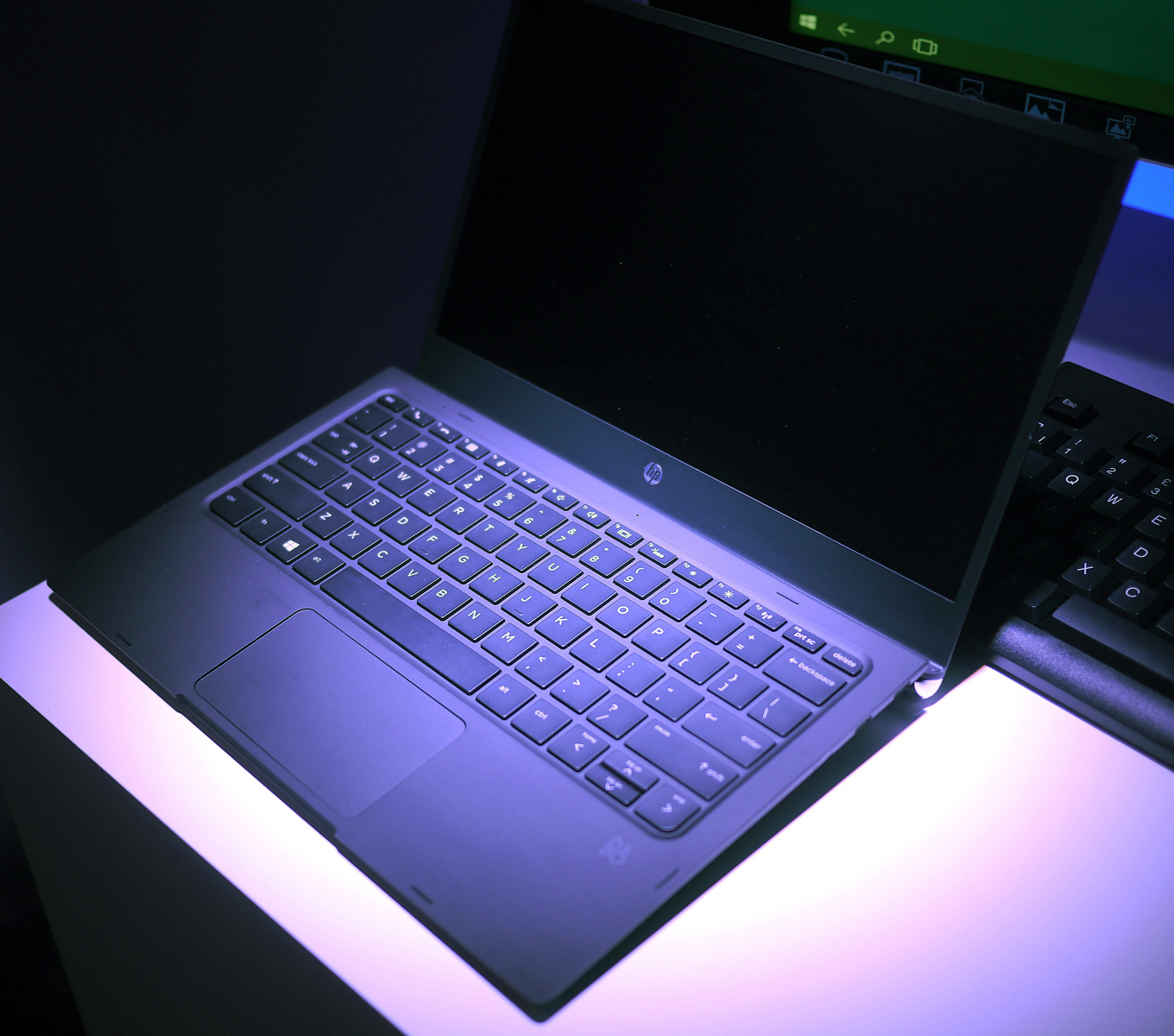
HP Inc has added an extra dimension to Continuum with the HP Workspace app. This allows you to run virtualised desktop apps hosted off a server on the X3 when the phablet is in Continuum mode. However, it's currently not clear if it will work with all popular hypervisors or only some of them.
Get the ITPro daily newsletter
Sign up today and you will receive a free copy of our Future Focus 2025 report - the leading guidance on AI, cybersecurity and other IT challenges as per 700+ senior executives
HP Inc has also added app-level VPN-support to Windows 10 Mobile. The X3 will also come with Salesforce apps pre-installed, although these won't be Universal Apps at first so they won't run in Continuum.
We weren't expecting much from the rear-facing camera, but we were still shocked by the psychedlically unrealistic colours and incredibly noisy graininess at all ISO levels. Admittedly, HP's exhibition space had particularly bad lighting, but it struggled far more than our iPhone 6s Plus. Even autofocussing was a struggle.
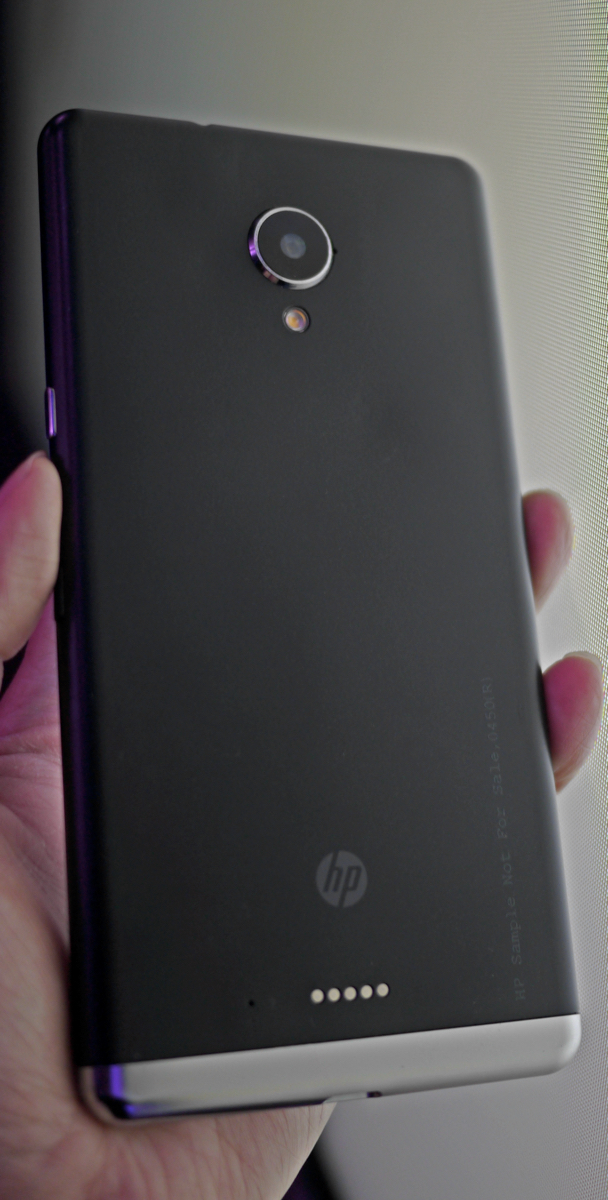
The HP Elite X3 (originally code-named the HP Falcon) will also support dual SIMs, have dual front-facing speakers, a micro SD slot that supports cards up to 2TB and have Cat 6 LTE as well as 2x2 802.11ac WiFi. The five-pin pogo connector will support third-party accessories from battery cases to add-ons capable of processing credit card payments.
Pricing for the X3 and all its various docking accessories has yet to be confirmed. HP Inc wasn't able to provide an exact release date, but it should be out by mid to late summer of this year. Although this gap is apparently there to allow HP Inc to solicit feedback from potential bulk buy customers, it also risks losing valuable momentum. HP has been out of the smartphone business for years and Windows 10 Mobile has thus far shown little sign of rejuvenating Microsoft's smartphone fortunes. The massed Universal apps need to help make Continuum a really attractive feature are thin on the ground. HP Inc's big Windows phablet bet is a risky one that's by no means assured of success.
-
 Should AI PCs be part of your next hardware refresh?
Should AI PCs be part of your next hardware refresh?AI PCs are fast becoming a business staple and a surefire way to future-proof your business
By Bobby Hellard Published
-
 Westcon-Comstor and Vectra AI launch brace of new channel initiatives
Westcon-Comstor and Vectra AI launch brace of new channel initiativesNews Westcon-Comstor and Vectra AI have announced the launch of two new channel growth initiatives focused on the managed security service provider (MSSP) space and AWS Marketplace.
By Daniel Todd Published
-
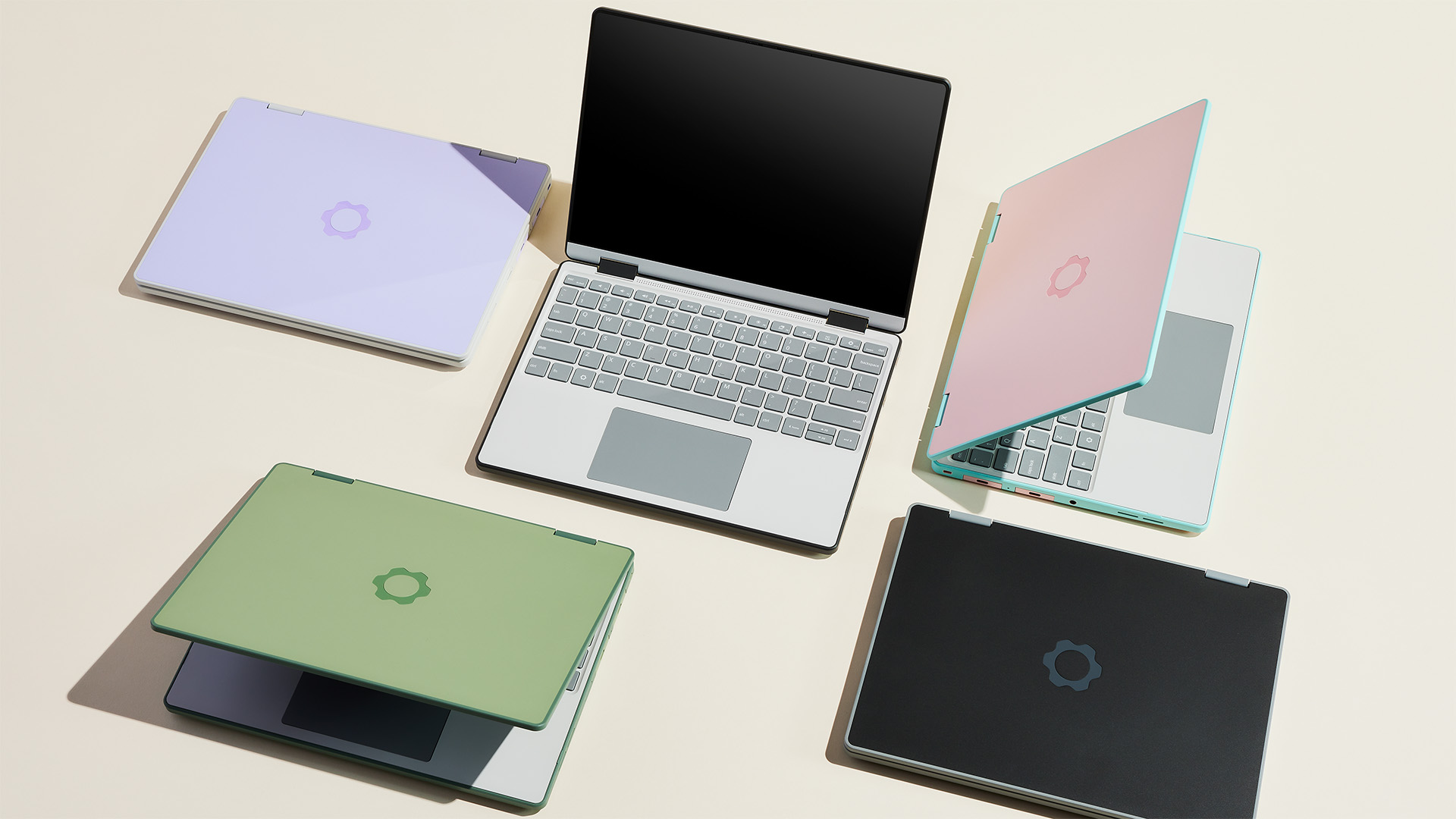 ‘We would have to sell the lowest-end SKUs at a loss’: Framework says it’s ‘temporarily pausing’ some US laptop sales amid tariff disruption
‘We would have to sell the lowest-end SKUs at a loss’: Framework says it’s ‘temporarily pausing’ some US laptop sales amid tariff disruptionNews Modular laptop designer Framework says it is “temporarily pausing US sales” in response to the disruption caused by US tariffs on Taiwanese imports.
By Ross Kelly Published
-
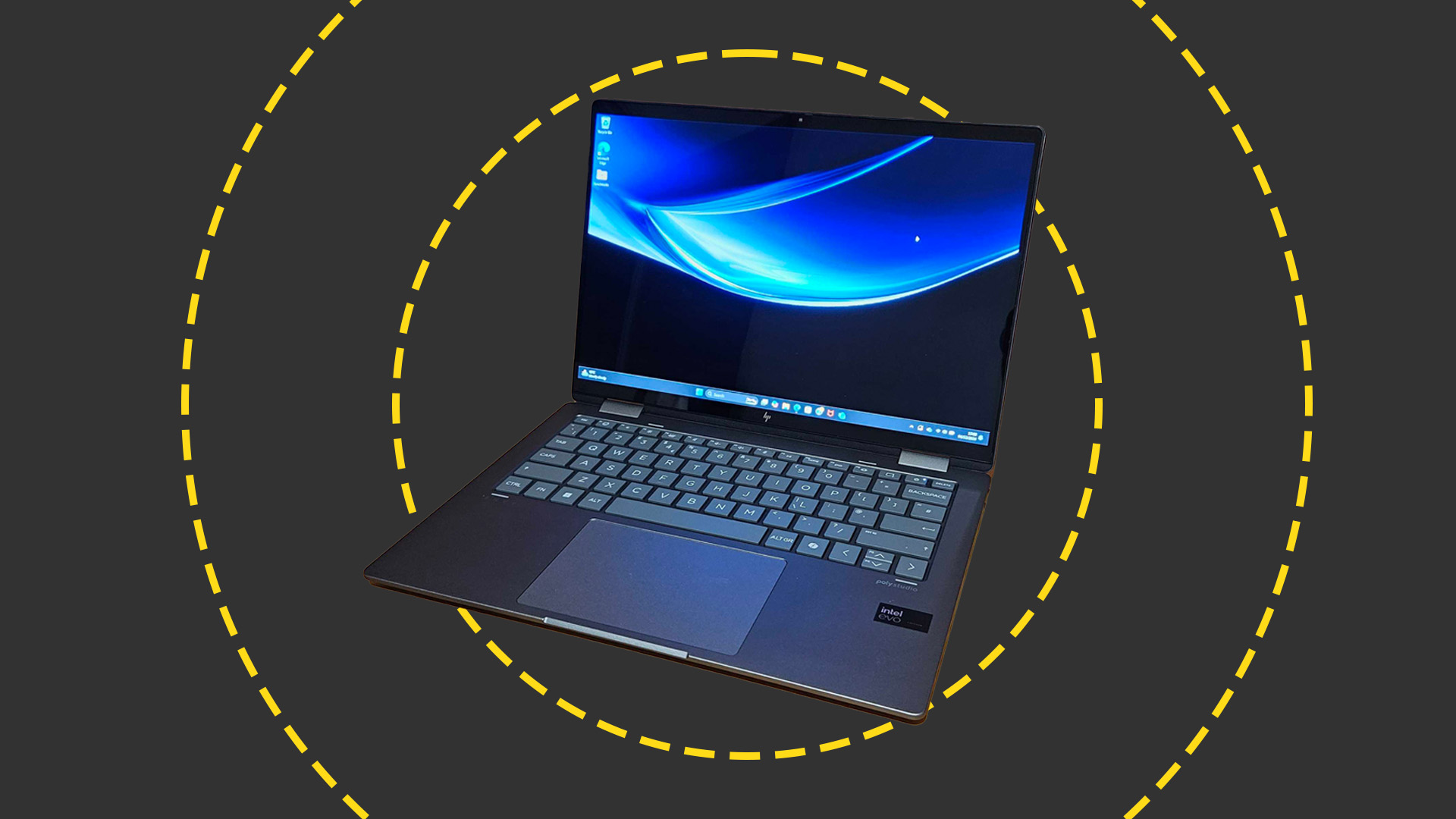 HP Envy x360 2-in-1 (14-FC0009NA) review: A cut-price AI PC for the enterprise
HP Envy x360 2-in-1 (14-FC0009NA) review: A cut-price AI PC for the enterpriseReviews The Intel-powered HP Envy x360 is a decent punt for its price point despite a few bugbears
By Keumars Afifi-Sabet Published
-
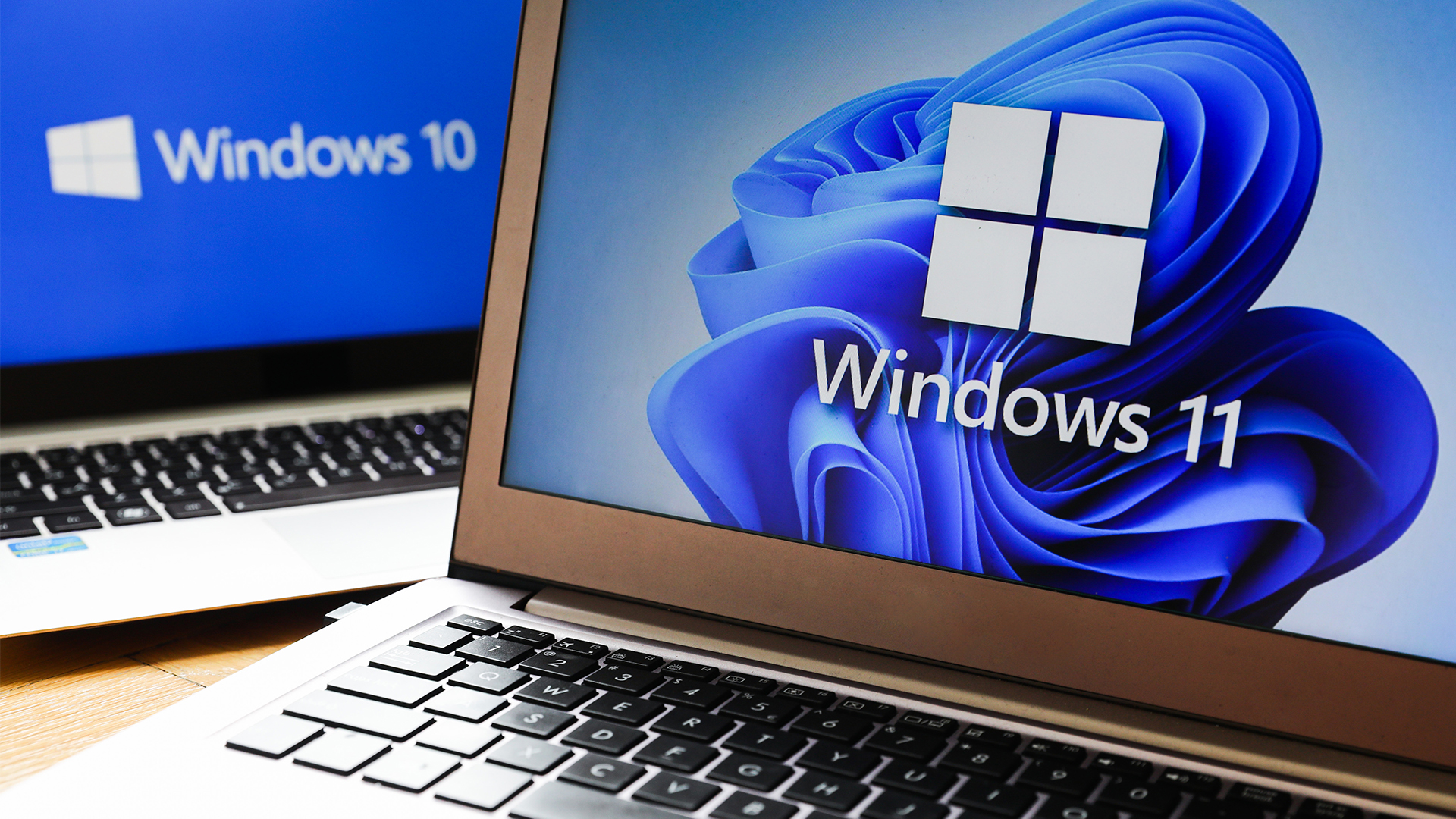 Microsoft refuses to back down on Windows 11 hardware requirements
Microsoft refuses to back down on Windows 11 hardware requirementsNews The tech giant says it'll keep hardware specifications for Windows 11
By Nicole Kobie Published
-
 Dell, HP post underwhelming returns as PC market remains in a state of flux
Dell, HP post underwhelming returns as PC market remains in a state of fluxNews Original equipment manufacturers (OEMs) are contending with an impending Windows 10 EOL and a burgeoning AI PC market
By George Fitzmaurice Published
-
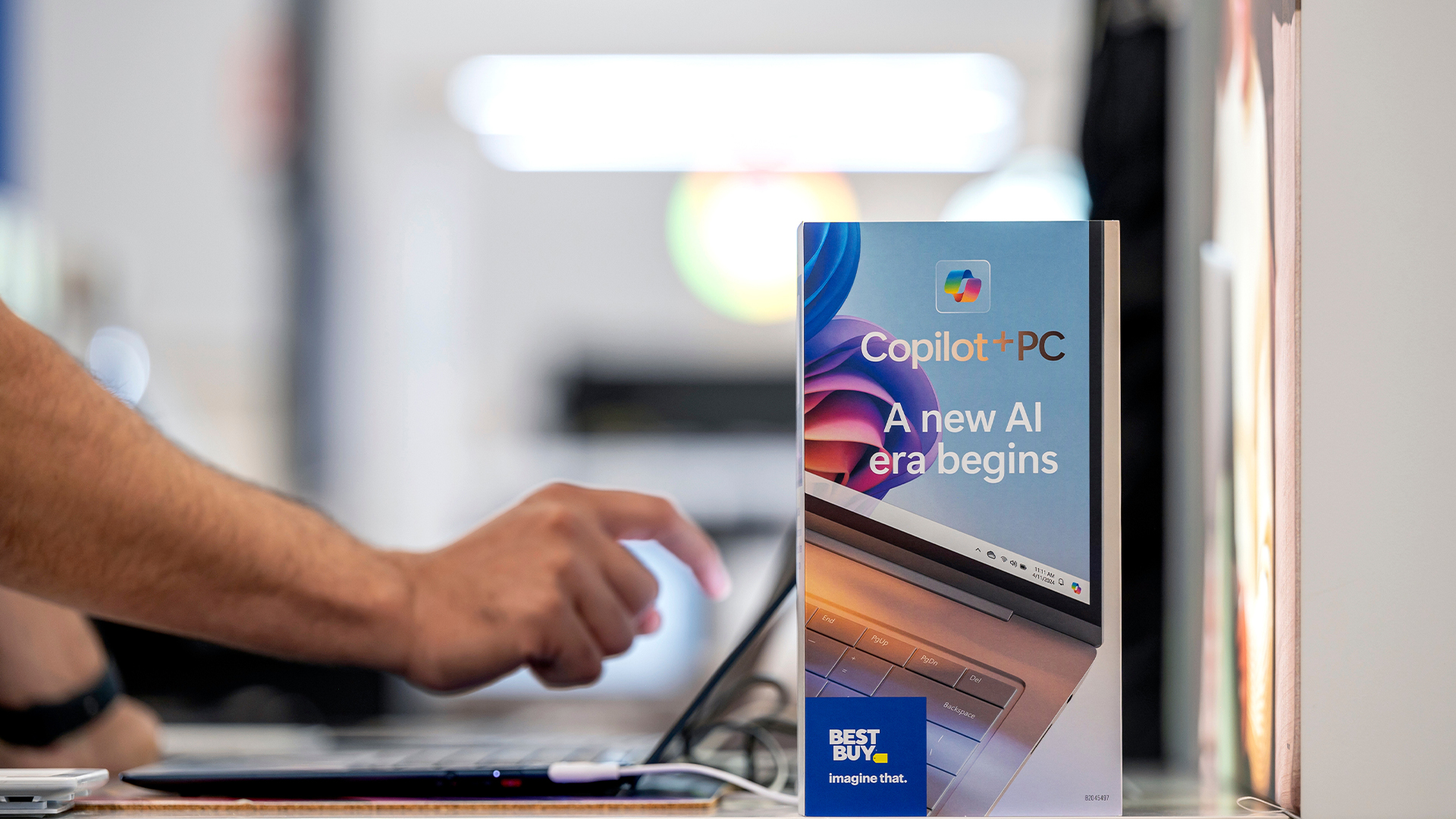 Why the world is about to be swamped with AI PCs
Why the world is about to be swamped with AI PCsNews With adoption rates set to surge, AI PCs will become far more mainstream in years to come
By Nicole Kobie Published
-
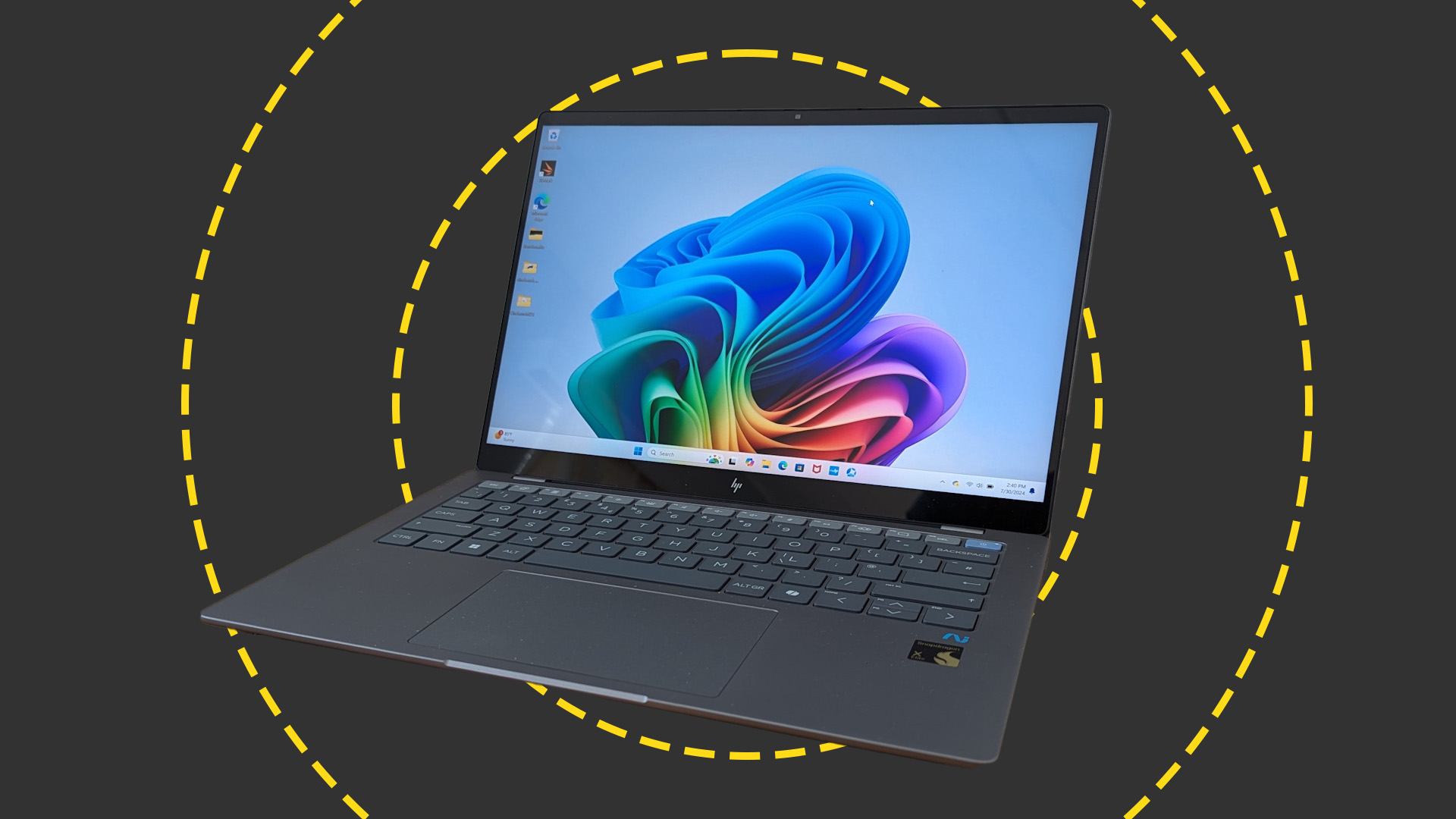
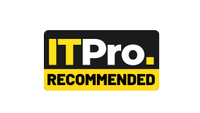 HP OmniBook X 14 review: Incredible battery life meets Copilot+ AI
HP OmniBook X 14 review: Incredible battery life meets Copilot+ AIReviews Ignore the slightly underwhelming screen and you have a brilliant thin-and-light laptop with AI capabilities and superlative battery life
By Stuart Andrews Published
-
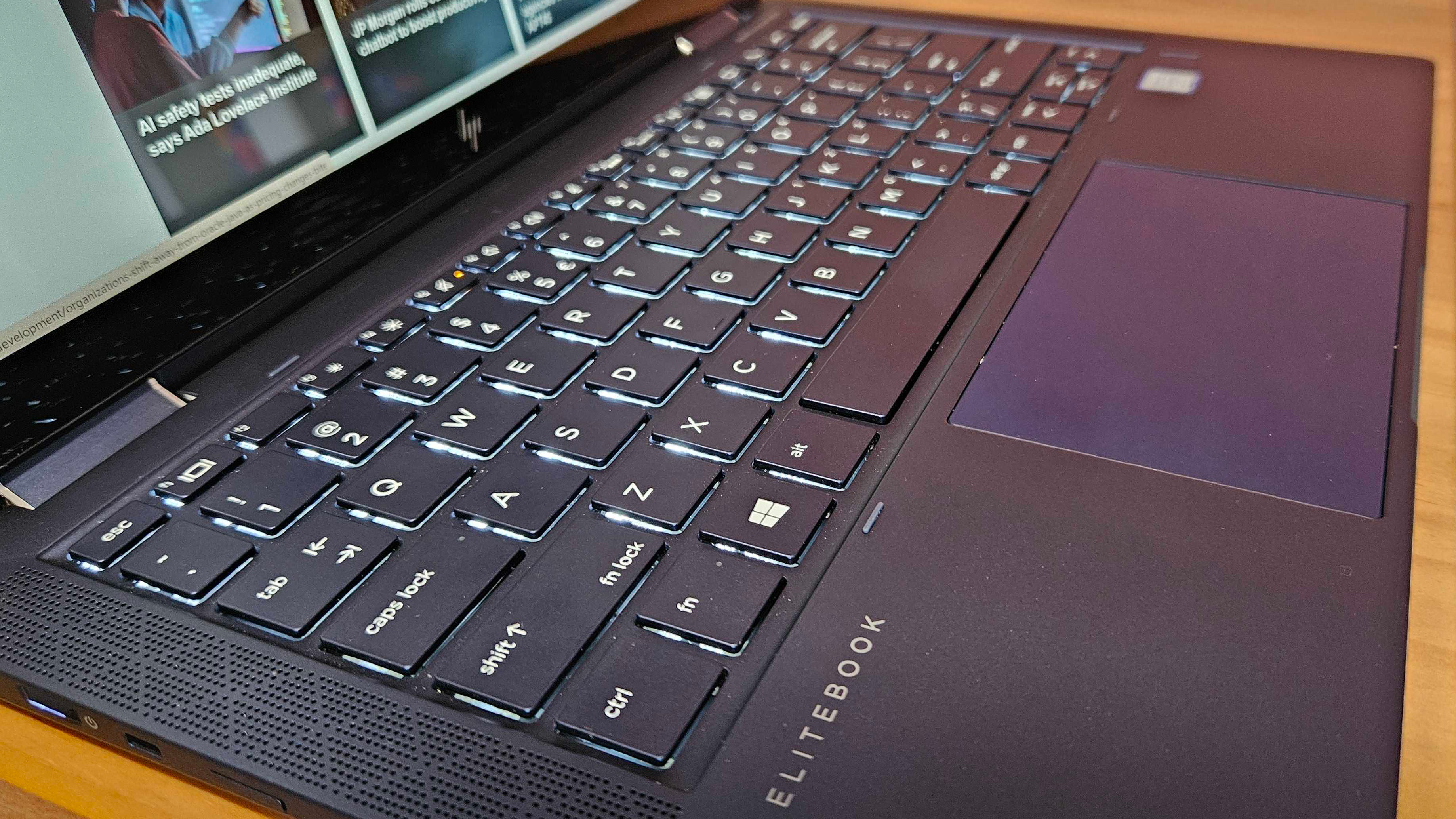 HP has scrapped its most compelling device as it aims for AI PCs — there is nothing like it left on the market
HP has scrapped its most compelling device as it aims for AI PCs — there is nothing like it left on the marketOpinion The HP Elite Dragonfly had everything you needed – a great battery, plenty of power, all the ports, and a fantastic display – until it was killed off
By Keumars Afifi-Sabet Published
-
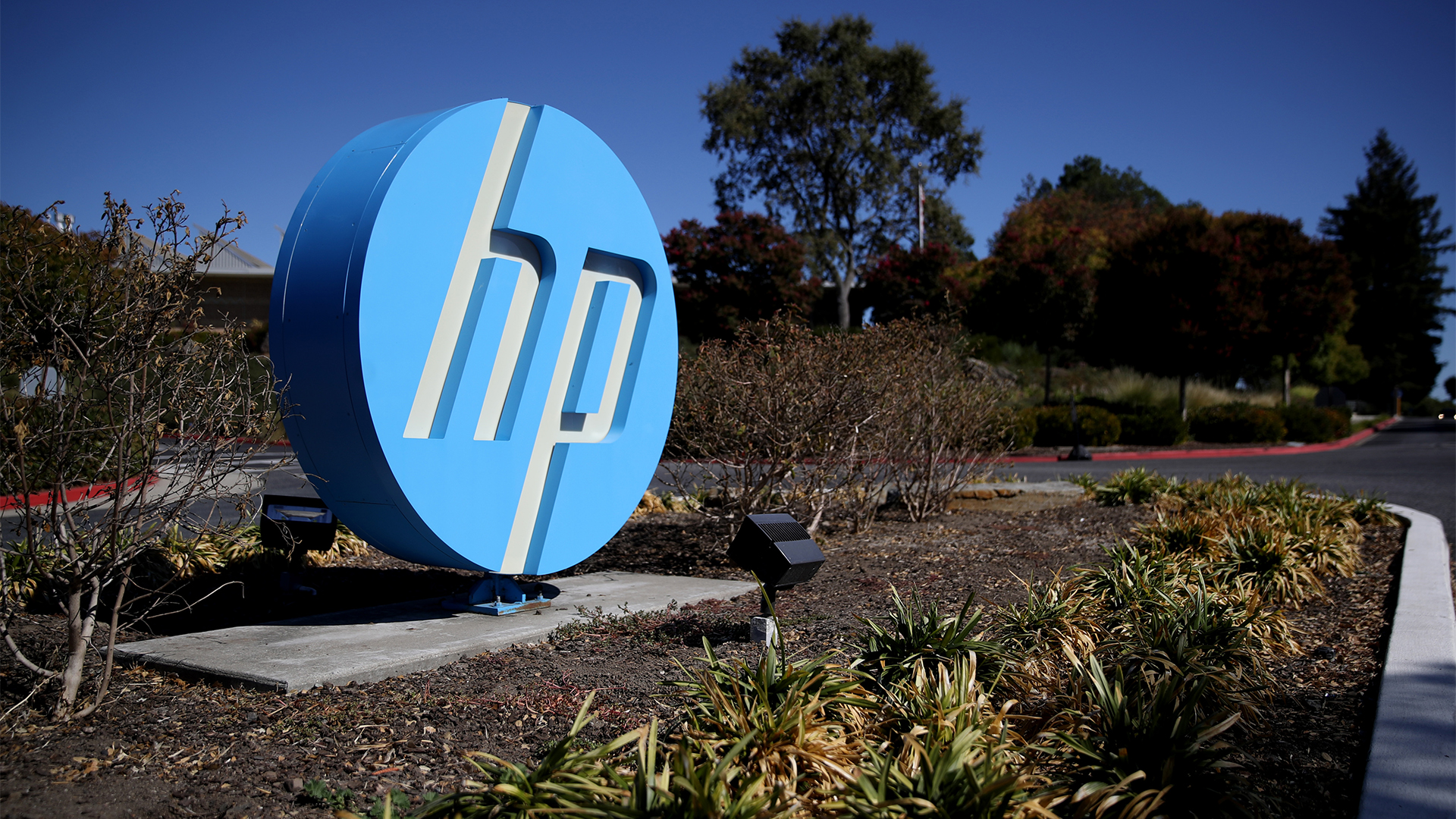 HP shows the AI PC ecosystem is starting to bear fruit — is it time for businesses to take note?
HP shows the AI PC ecosystem is starting to bear fruit — is it time for businesses to take note?Analysis The era of the AI PC may soon be upon us as software vendors start to realize the potential value of processing AI workloads locally
By Solomon Klappholz Published